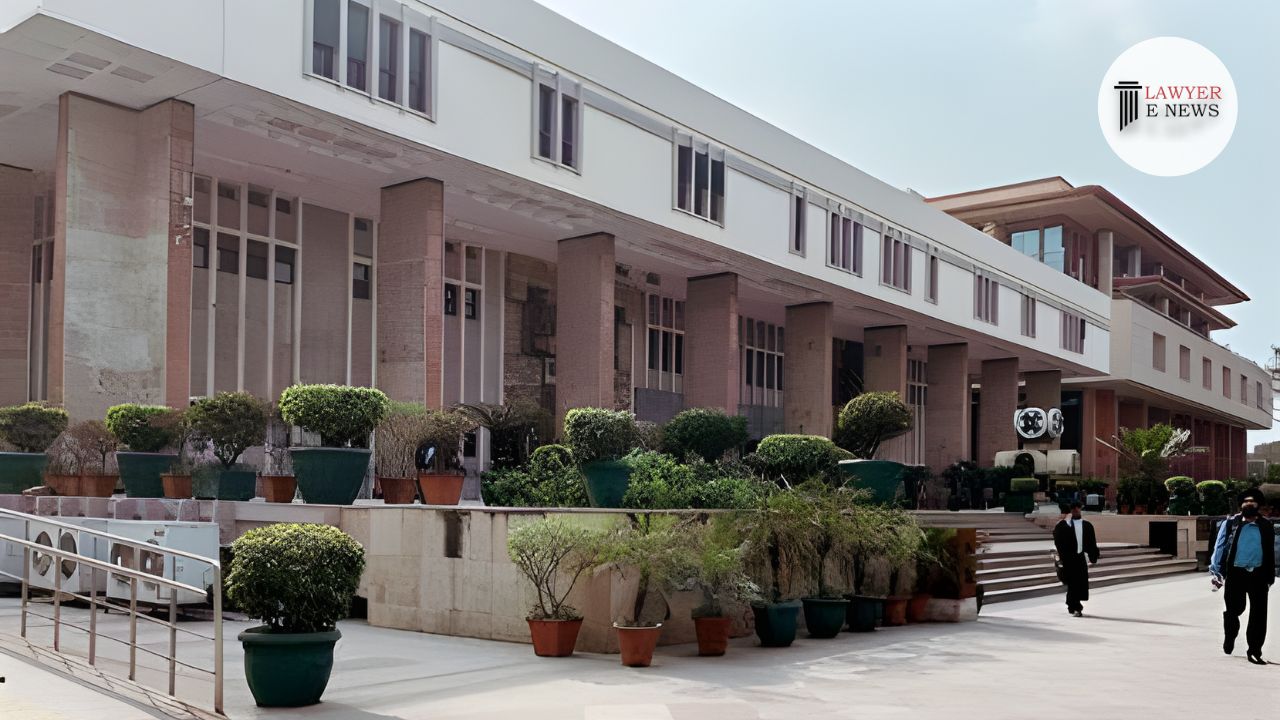-
by Admin
15 February 2026 5:35 AM



In a notable judgment, the Punjab & Haryana High Court has granted protection to a couple in a live-in relationship, emphasizing the primacy of the right to life and liberty under Article 21 of the Constitution of India. The ruling, delivered by Justice Jasjit Singh Bedi on 7th May 2024, directs the authorities to assess the threat perception and take appropriate measures to protect the petitioners, regardless of the legal status of their relationship.
The petitioners, Harpreet Kaur and another individual, sought the court’s intervention under Article 226 of the Constitution, citing threats from their relatives due to their live-in relationship. Harpreet Kaur, previously married with three children, is awaiting the finalization of her divorce. Her partner, the second petitioner, is unmarried. They claimed that their safety was compromised by their relatives’ disapproval of their relationship, prompting them to seek legal protection.
Right to Life and Liberty: Justice Bedi highlighted the inviolable nature of the right to life and liberty, stating, “The protection under Article 21 of the Constitution is paramount and not contingent upon the legality of the relationship.” The judgment emphasized that every individual, irrespective of societal norms, is entitled to protection of their fundamental rights.
Legal Status of Relationship: The court asserted that the protection of life and liberty should not be dependent on the formalization of relationships. Justice Bedi cited prior judgments to support this view, noting, “The individual has the right to choose a partner of his/her choice and is entitled to equal protection of laws as any other citizen of the country.”
The judgment referenced several landmark cases, including Pardeep Singh and another vs. State of Haryana (CRWP-4521-2021), where protection was extended to a live-in couple. “This increasing social acceptance of live-in relationships underscores the need for legal protection irrespective of traditional views,” Justice Bedi remarked.
Justice Bedi eloquently stated, “The law postulates that the life and liberty of every individual is precious and must be protected irrespective of individual views.” He further added, “No person can be permitted to take law in his hands in a country governed by the Rule of Law.”
The Punjab & Haryana High Court’s decision reinforces the judiciary’s role in safeguarding individual rights, regardless of societal prejudices. By directing authorities to ensure the couple’s protection, the court reaffirms the paramount importance of the right to life and liberty. This ruling is anticipated to influence future cases, highlighting that the protection of fundamental rights transcends societal and legal norms regarding relationships.
Date of Decision:7th May 2024
Harpreet Kaur and Another vs. State of Punjab and Others
